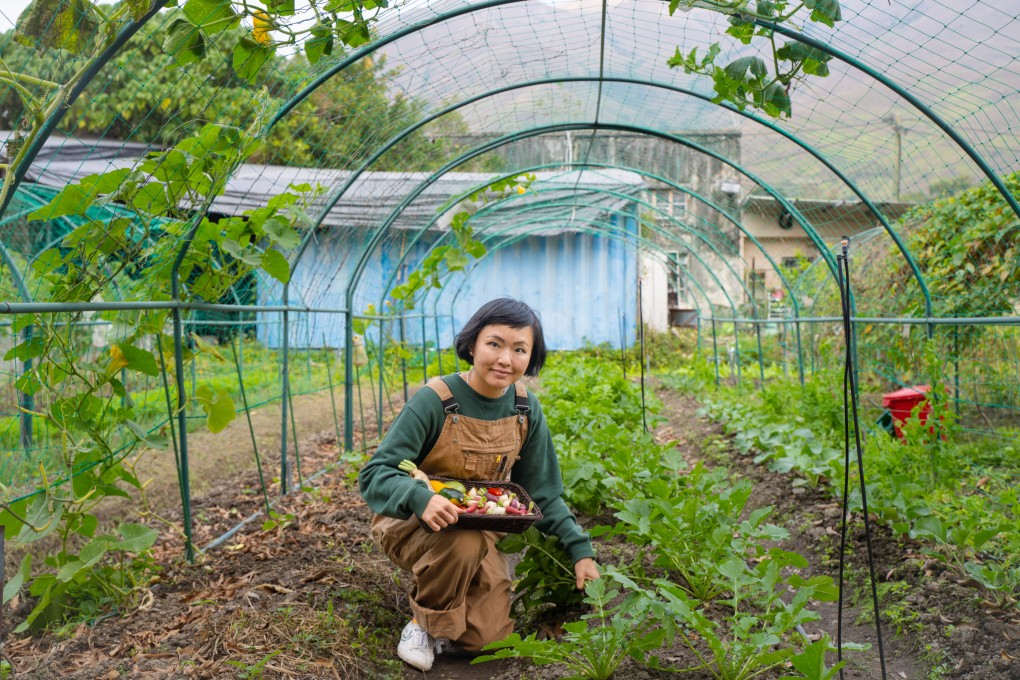Can this new wave of Hong Kong farmers bring agriculture back to the city?
Netflix docu Kiss The Ground argues that sustainable regenerative farming practices are a potential solution to our climate crisis – meet the Hong Kong food producers getting down to earth

The fish vendors at the Kam Tin market know the team from Organic Farmula by sight. Every month the farmers buy a staggering 100kg of fish, but they aren’t after the prime fillets, instead they want the offcuts and scraps that would otherwise go to waste. This fish isn’t destined for a dinner plate, it is meant to nourish the soil.
The fish sellers “charge us less than the wholesale price, they said they aren’t making a profit from us, they do it to support us”, says Kelvis Keung Yi-ting, co-founder of Organic Farmula, one of a small number of regenerative farms in Hong Kong.
Transporting the bounty back to the farm takes a couple of trips. Once there, the real work begins, as the fish is fed into a commercial seafood grinding machine, transforming it into a slurry that is then bottled with molasses and Effective Microorganisms powder. The team works against the clock, completing the entire process in a day. The mixture is then set aside for four to six months, allowing it to ferment into a nutrient-rich liquid that will be spread over the vegetable beds.

In the 1960s, two thirds of Hong Kong’s food was locally sourced, and 95 per cent of what we ate came from the soil. The wild water buffalo that roam Lantau Island are the legacy of the working buffalo that once helped farmers plough rice paddies. Currently, more than 97 per cent of our food is imported. Of the 3 per cent that is locally grown, a small number of farmers have turned to regenerative farming.
“In traditional farming, we use fertiliser so the vegetables can get the nutrition from it,” says Keung, who established the farm in 2019. “But with regenerative farming we are concerned about the soil health. We are not feeding the vegetables, we are feeding the microorganisms […] and it’s the soil that gives us healthy vegetables.”
Regenerative farming puts soil health first, to create thriving ecosystems with practices that improve farmland with resilient, healthy soil which is less prone to flooding and river pollution, and which provides a valuable habitat for birds and insects.

Keung only heard about regenerative farming two years after setting up Organic Farmula. Initially crops thrived, but after pest problems, Keung consulted other farmers and, on a small section of the farm, planted two beds, side by side: one with traditional fertiliser and the other using regenerative farming (RF) methods.